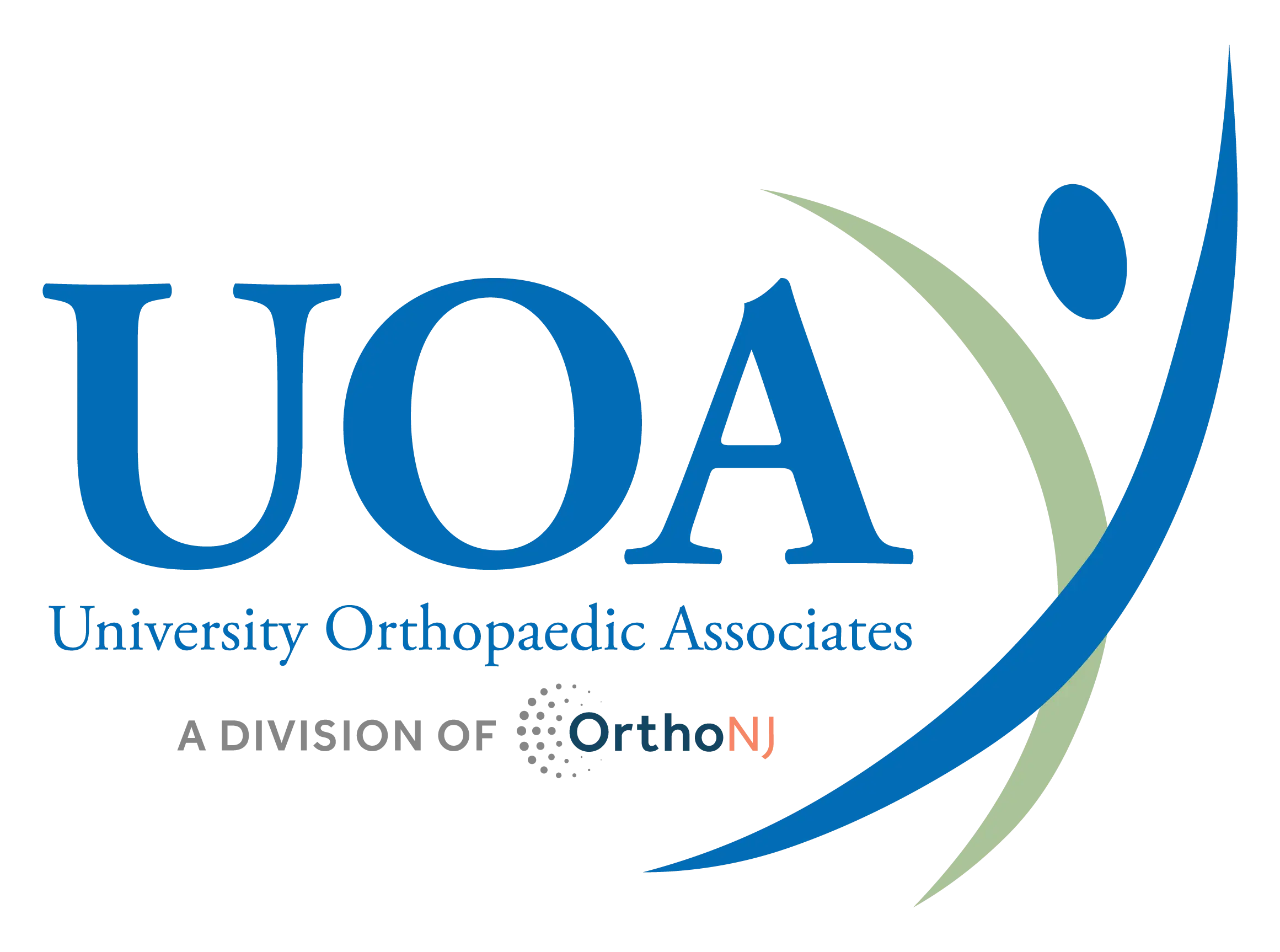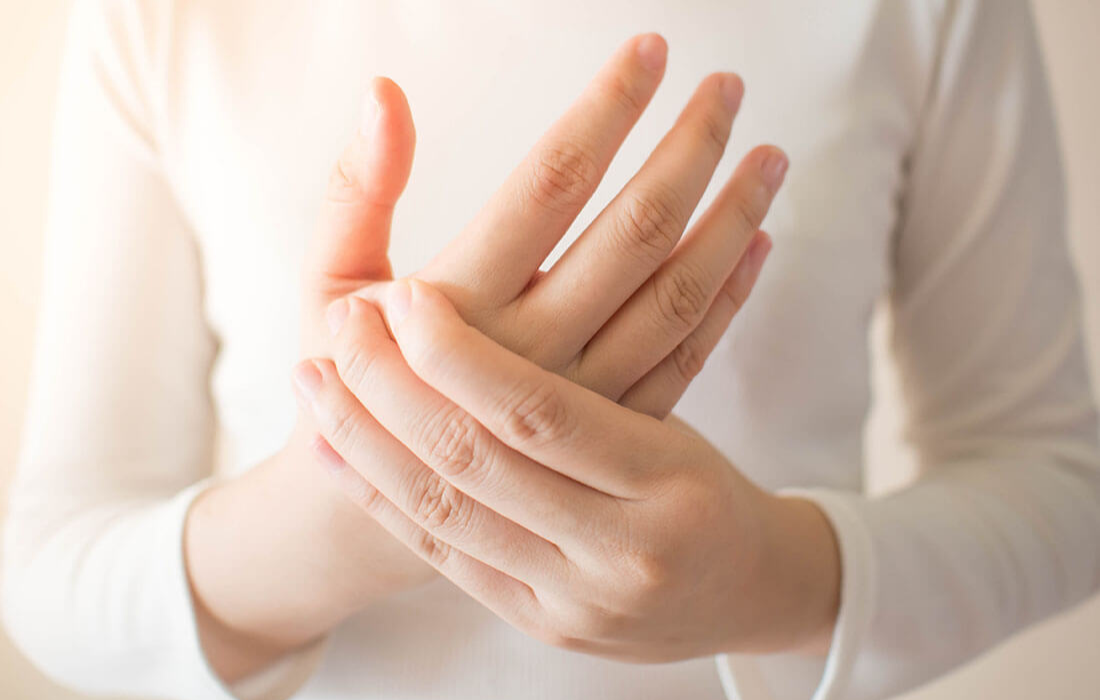What Is WALANT?
WALANT, which stands for Wide-Awake Local Anesthesia No Tourniquet, or wide-awake hand surgery, is a revolutionary procedure utilizing medications that eliminate the need for sedation and a tourniquet—the latter of which can be painful for patients who remain awake during surgery.
What Conditions Does WALANT Treat?
WALANT can be used to treat a variety of injuries and conditions that affect the hands and wrists. This procedure may be used to treat:
- Carpal tunnel syndrome
- Trigger finger
- De Quervain’s syndrome
- Flexor tendon repairs
- Tendon transfers
- Arthritis of the hand and/or wrist
- Excisions of masses
This surgery is particularly ideal for patients with arthritis who need surgery to relieve pain but who are not eligible to receive general anesthesia.
Is the WALANT Technique Safe?
Patient safety is one of the top benefits of WALANT. This procedure eliminates many of the risks associated with sedation and tourniquet use. Known complications of tourniquet use during surgery include:
- Nerve injury and paralysis
- Muscle injury
- Skin injury
- Vascular injury
- Heart problems, including cardiac arrest
- Respiratory problems
- Blood clots
- Body temperature changes
Will I Feel Anything During the Procedure?
Before WALANT, hand surgery was traditionally performed under sedation due to the common use of a tourniquet.
The purpose of a tourniquet during hand surgery is to prevent blood from flowing to the limb. However, this method can be particularly painful for patients who choose to stay awake during the procedure.
In comparison, WALANT produces very little pain for most patients. The local anesthesia used is given as an injection, which may produce a slight sting when the needle goes in. Lidocaine is used during WALANT to reduce pain, while epinephrine is used to minimize bleeding.
You will be awake for the entirety of your procedure, and there may be times when your surgeon asks you to perform certain movements to help facilitate the repair of your injury or condition. Overall, the procedure causes little discomfort, and most patients can safely drive themselves home afterward.
The Benefits of WALANT Hand Surgery
WALANT offers numerous benefits for patients who need surgery for a hand injury or condition. Benefits of wide-awake hand surgery include:
- Lower cost
- Short downtime and recovery periods
- Less time waiting to schedule surgery
- No hospitalization, as the surgery is performed as an outpatient procedure
- No IV insertion
- No need to fast beforehand
- No need to stop medications before surgery (this is particularly important for patients with diabetes and those who use blood thinners)
- Reduced risk of complications associated with anesthesia
- Increased engagement during surgery, as some patients may demonstrate limb function at the surgeon’s request, allowing for evaluation of repair
- No need to perform pre-operative tests such as blood work and EKG
- The ability to drive to and from surgery without an escort
Who Is a Candidate for WALANT?
WALANT is ideal for patients who need treatment for an injury or condition affecting the hands or wrists and who want to avoid the risks and complications associated with tourniquet use. It is particularly ideal for patients with comorbid conditions (such as obstructive sleep apnea and congestive heart failure) that prevent them from being eligible for surgeries that use sedation.
This procedure may not be an option for patients with known contraindications, including liver disease, peripheral vascular disease and infections. To find out whether WALANT is right for you, consult with an orthopaedic specialist who can perform an exam and discuss your available treatment options.
What Is Recovery Like?
The effects of the numbing medication used in WALANT take up to eight hours to wear off following your procedure. However, you may still be able to drive home safely, even if you are wearing heavy bandages or a splint.
Total recovery may take up to several weeks or months based on your condition type and details surrounding surgery. Your orthopaedic surgeon can talk to you in more detail about what to expect based on these factors.
University Orthopaedic Associates offers a wide range of orthopaedic services, including hand and upper extremity treatments. Contact UOA today at (732) 537-0909 to request an appointment if you need treatment for an orthopaedic injury.




